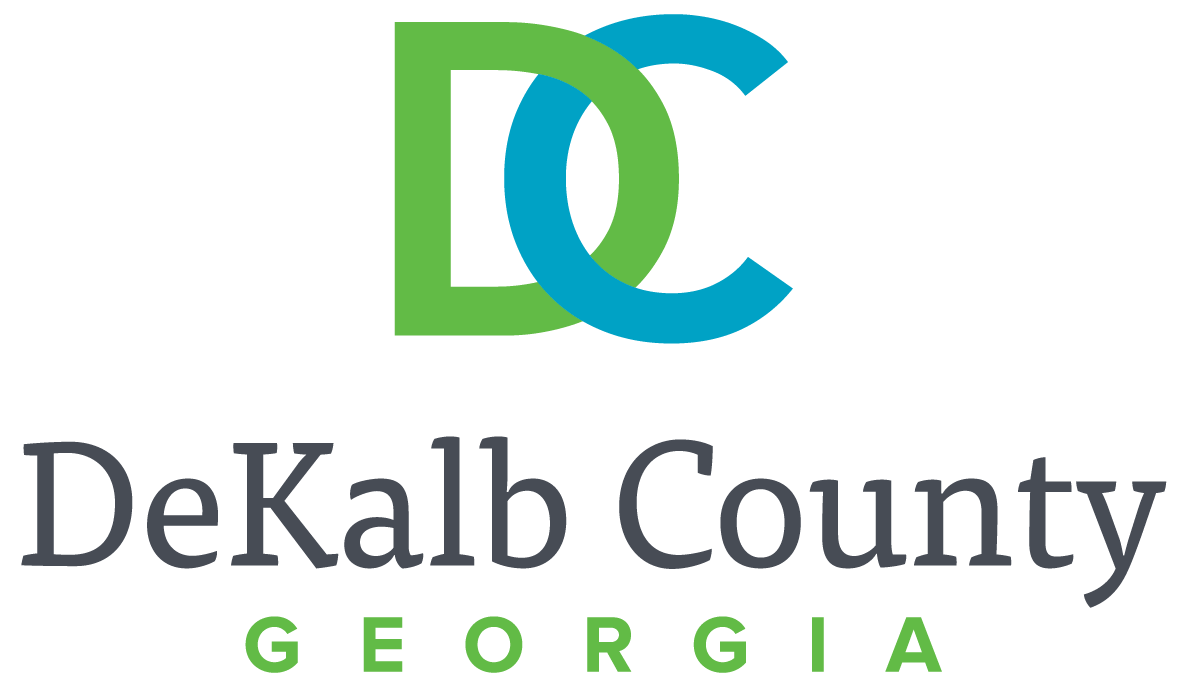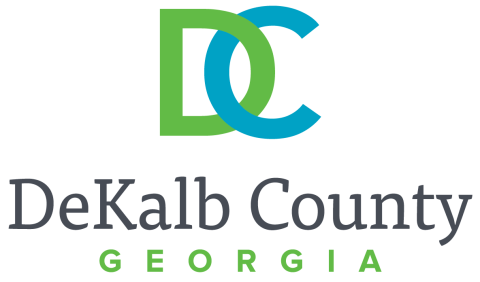
As the 1st Vice President of National Association of Counties, Commissioner Larry Johnson and the National Association of Counties (NACo) met with President Biden’s Council of Economic Advisors to discuss the critical aid needed for state, local and territorial governments.
Commissioner Johnson provided opening remarks expressing how county governments are one of the nation’s largest employers, with a workforce of 3.6 million, or more than one percent of Americans. “We are on the frontlines providing essential public health, public safety, emergency preparedness, and human services, especially for our seniors, youth and most vulnerable residents,” said NACo 1st Vice President Larry Johnson.
NACo 1st Vice President Johnson continued:
- “Counties invest $605 billion annually in serving our residents - in partnership with our local government counterparts - total local government spending comprises 15 percent of the nation’s gross domestic product in a typical quarter.”
- “The COVID-19 pandemic called us to action, and we have prioritized public investments for immediate COVID-19 response and mitigation, long-term public health infrastructure, and inclusive economic recovery — including timely support for our most vulnerable small businesses and residents.”
- “Many of us are in the unique position of facing fiscal challenges related to the pandemic, concurrent with an increased demand for local investments in public health, public safety and social safety net services.”
- “Collectively, we operate 900 public hospitals or clinics, 1,900 public health departments, hundreds of long-term care facilities and more than 2,400 behavioral health authorities with mounting caseloads for substance abuse and mental health.”
- “We’ve lost workers in infrastructure, public works, education-support, social services and more… and unfortunately, local public health departments were already down 25 percent, or nearly 25,000 FTES since the last recession in 2008.”
“We believe that an intergovernmental partnership that emphasizes the meaningful inclusion of all parties in decision making will be crucial to ensuring America’s continued competitiveness in the global economy and the excellent stewardship of local job markets and local economies.”
DeKalb County’s economic perspectives and fiscal conditions:
- The FY20 budget for DeKalb County was developed with the expectation that the economy would slow or contract during 2020. This approach allowed the county to better respond to the economic consequences of the COVID-19 pandemic. The county continued to provide essential public services with minimal disruption throughout 2020 while also avoiding layoffs or furloughs of county employees and maintaining the county’s rainy-day fund of $110 million, which covers two months of operating expenditures for the tax funds.
County revenues
- Property taxes
- FY20 collection rate was lower than FY19 by 0.4 percent, resulting in a loss of $1.4 million in anticipated revenues
- The FY21 budget projects a 2 percent loss of value for non-residential properties in the 2021 tax digest
- The volume of property tax appeals for commercial properties is anticipated to increase for FY21
- Business licenses/ occupation taxes
- Business license revenue was down 11 percent or $1.8 million in FY20 compared to FY19
- Fines and forfeitures
- Court costs and fines have diminished due to court closures
- FY20 collections were 34 percent or $6.3 million lower compared to FY19
- Water & sewer revenues
- Customers are paying their bills more slowly or not at all.
- Estimated impact – $18 million
Economic outlook
- DeKalb County’s unemployment rate increased in to 6.8 percent in November 2020 compared to 5.6 percent in the previous month; DeKalb County’s unemployment rate reached a high of 13.3 percent in April 2020
- The residential real estate market is anticipated to experience modest growth compared to 2020 values
For more information, contact Commissioner Larry Johnson’s office at 404-371-2425 or visit www.commissionerlarryjohnson.com.

